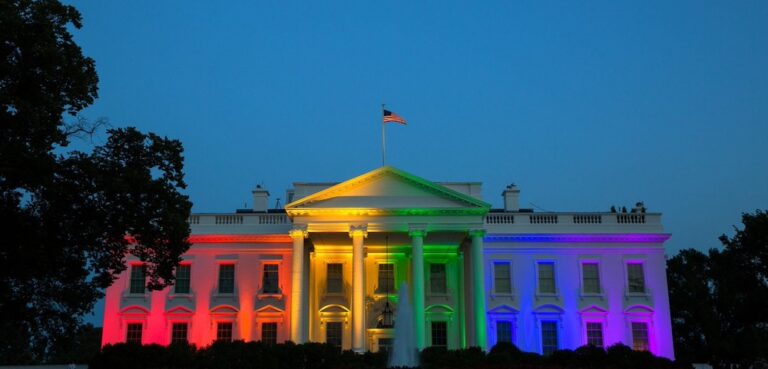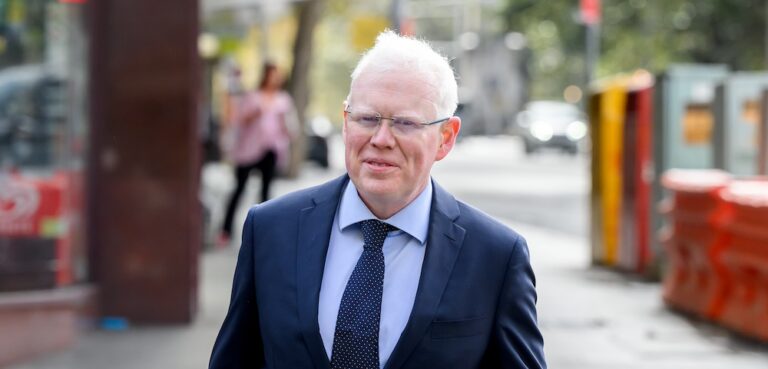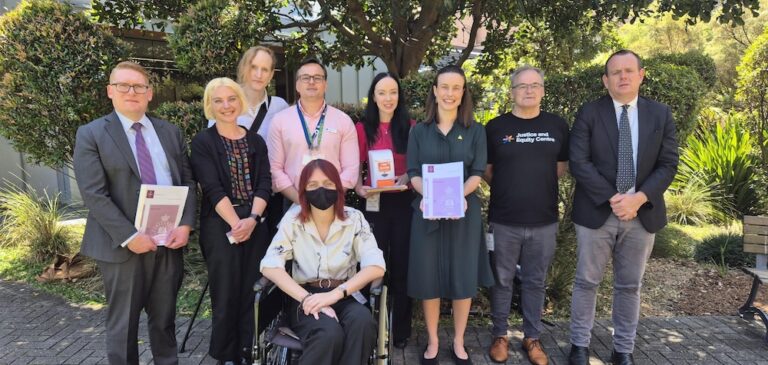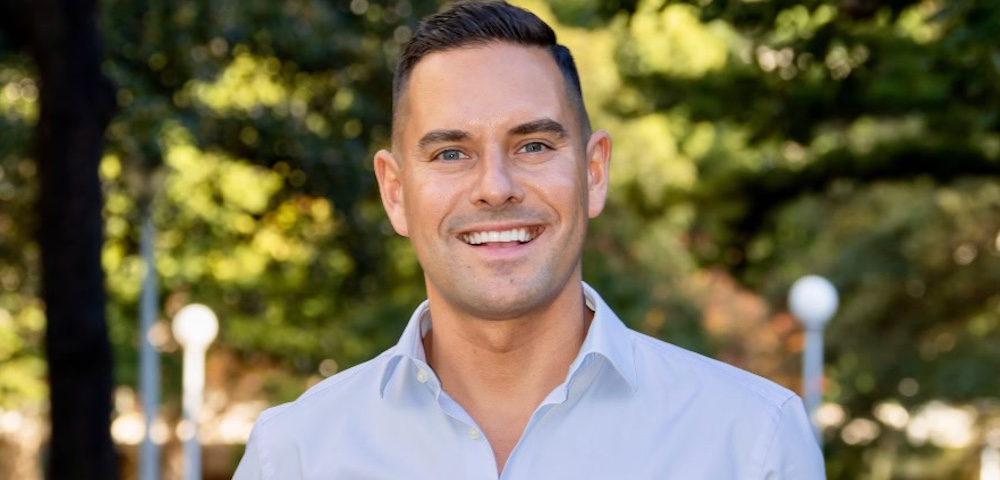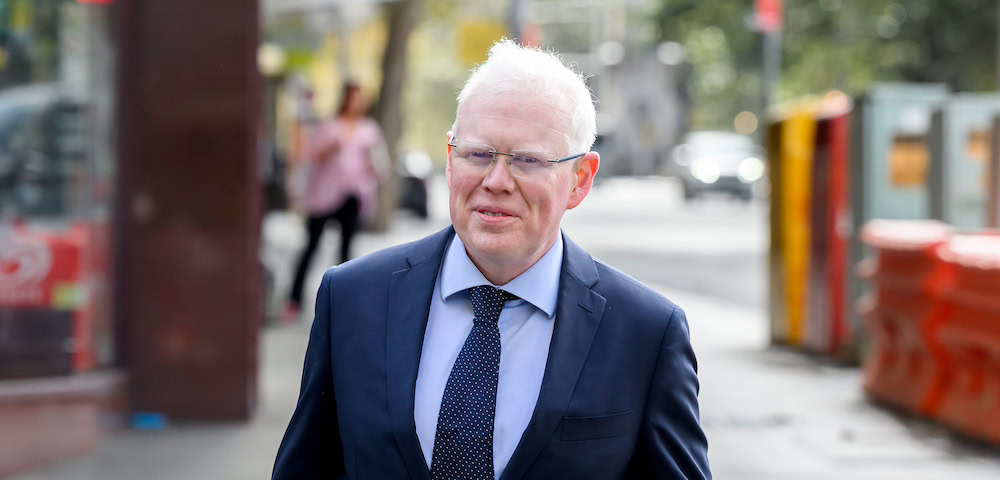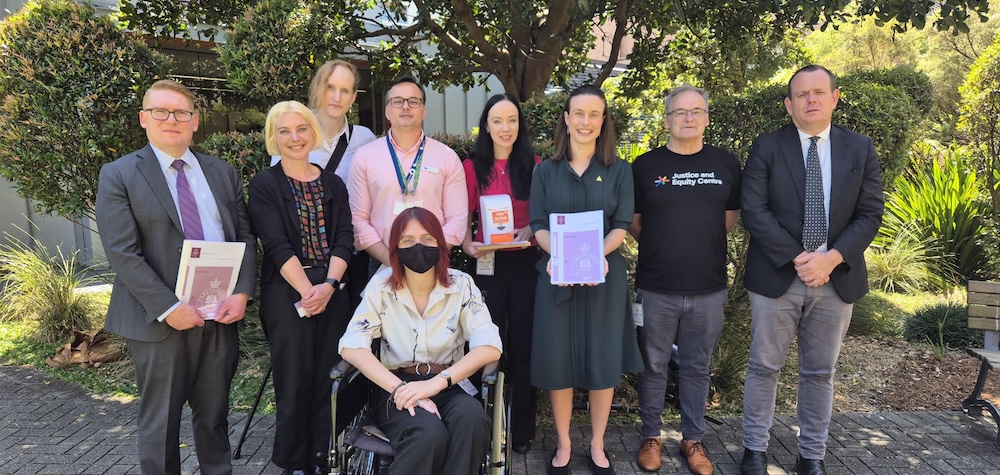
Only National Change Will Deliver Equality

 After expressing my personal support for marriage equality in the aftermath of the historic vote in the New Zealand Parliament, I was heartened by the positive response received from both the gay and lesbian, and wider, communities.
After expressing my personal support for marriage equality in the aftermath of the historic vote in the New Zealand Parliament, I was heartened by the positive response received from both the gay and lesbian, and wider, communities.
Yes there were critics, but most people shared my view that government shouldn’t deny to one section of the community the formal recognition given to others who cohabit in loving and committed relationships.
But as the months have passed, and the debate around marriage equality progressed, it’s become clear that some people have forgotten (or chosen to ignore) other parts of my statement.
In April I argued marriage equality should be pursued through the Federal Parliament, which administers the Marriage Act 1961, and that given the range of views across the community on the issue Federal MPs should be allowed a conscience vote.
At the risk of disappointing some who welcomed my commitment to marriage equality, I want to explain why I believe only change enacted by the Federal Parliament can deliver true equality in our marriage laws.
My marriage to Rosemary, which took place in Taree, is recognised across all Australian States and Territories. But a same sex marriage under a State or Territory law would not receive the same recognition nationally unless amendments were made to the Marriage Act.
This issue was highlighted in chapter 7 of this year’s NSW Parliamentary inquiry into same sex marriage laws.
While most of the focus of the inquiry’s report has been on its finding that NSW could legislate on marriage (albeit subject to High Court challenge), the all party committee also agreed that “equal rights for all Australians may best be achieved under Commonwealth legislation.”
Besides recognition, the other reason why change must occur nationally is to deal with marriage breakdown.
No one gets married believing their union won’t last. But some don’t.
When marriages do breakdown issues can arise around financial obligations, property settlement and the custody of children. These matters are currently dealt with through the Family Law Act 1975. But couples married under Territory or State same sex marriage laws would have inferior rights unless the Federal Parliament amended that Act to encompass these unions.
Before the Menzies Federal Liberal Government enacted uniform national marriage laws in 1961, different rules applied in different Australian States and Territories.
For instance, up to that time the marriageable age in some States was 14 years for men and 12 for women, while in South Australia, Tasmania and Western Australia men had to be 18 and women 16 years to marry.
I don’t want to see a return to the patchwork quilt of marriage laws that existed in the 1950s and earlier. I want a law that applies equally regardless of sexual orientation.
To be truly equal, same sex marriages should enjoy the same legal status and recognition as other marriages; only a change to the Federal Marriage Act will deliver that equality.
